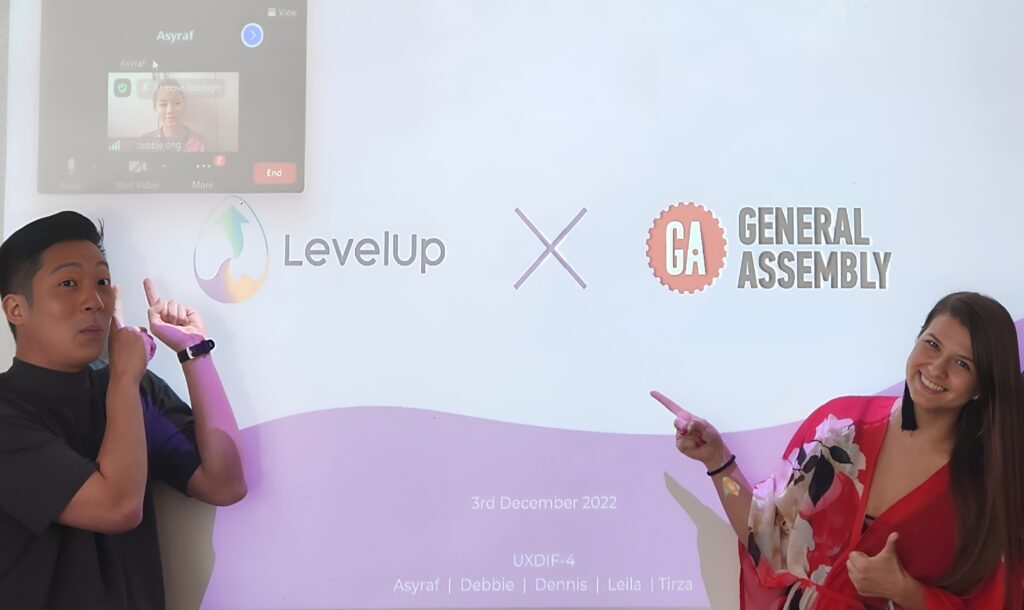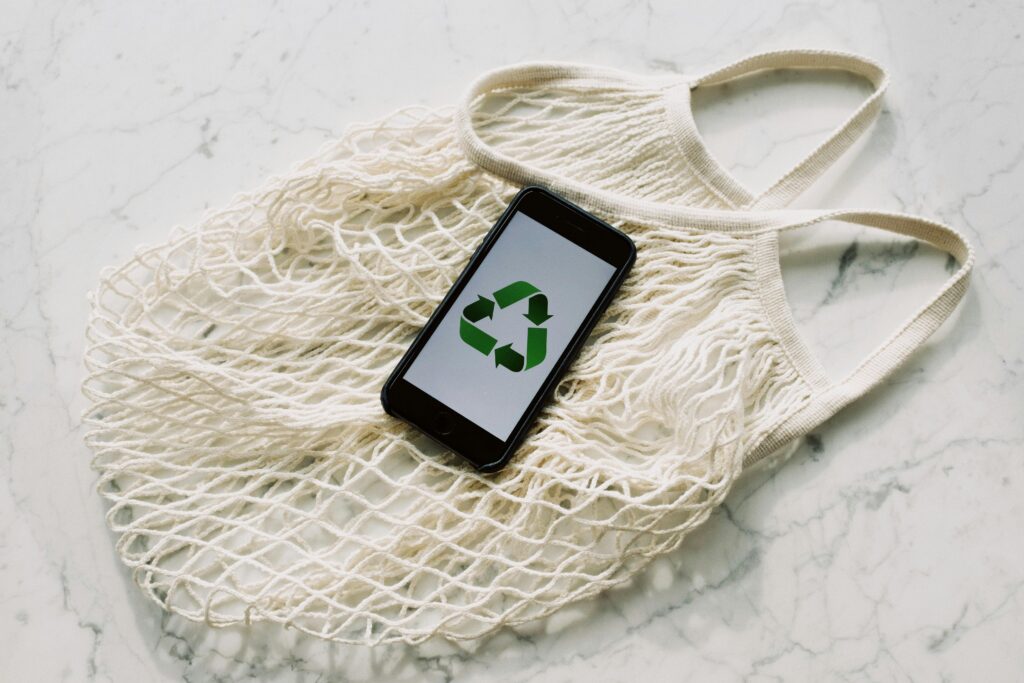As educators, parents, and leaders in our communities, we all share the common goal of ensuring the success and well-being of future generations. But let’s face it, today’s education system faces some significant challenges. From systemic inequities to the rising pressure on students’ mental health, it’s clear that traditional methods no longer serve the needs of every child.
As Patricia Vlad, an education expert, advocate for emotional intelligence (EI), and founder of LevelUp often reminds us, “Education should not just be about teaching facts (even though facts are terribly important!)—it should be about empowering children to navigate life’s challenges with confidence, empathy, and resilience.”
Patricia’s perspective is more relevant than ever as we look at the state of education today. Early in her life, Patricia understood that education was not just about academic achievement, but about empowering individuals to thrive, think critically, and contribute to the local and global communities to which they belong.
While she credits her early education system for shaping her strong upbringing, especially coming from a family of academics, she also saw how it didn’t work for everyone, many of her friends often struggled with disconnection. She believesd that every child, regardless of their background or circumstances, should have the opportunity to succeed in both academics and life.
As an international education consultant, Patricia worked with organizations such as UNICEF, Save the Children, and the British Council. Her projects spanned diverse regions, from Africa to Asia to Europe, where she helped design inclusive educational systems that catered to marginalized and underserved communities. Her experiences led her to recognize the critical importance of addressing emotional well-being alongside traditional education.
Patricia saw that, in many cases, children struggled to excel academically because their emotional and social needs were not being met.
Battling The Current Challenges in Education
Access and Equity
Education remains a privilege for many children, particularly those in underserved regions. Socio-economic barriers, gender disparities, and gaps in infrastructure are leaving millions of students behind. Patricia has long been vocal about how these inequities are hindering progress.
“Every child, regardless of where they come from or what their background is, deserves a chance to succeed. We cannot allow these systemic barriers to continue holding back the potential of young people.”
LevelUp’s personality tools have taken steps to make frameworks like the Big Five more inclusive for such young learners. Questions were re-written to align with the developmental stages of children, using simpler language and relatable scenarios. Visual aids, such as images for answer choices, make the experience more engaging and accessible, especially for younger students or those who might struggle with traditional text-based formats.
Additionally, the team made consistent efforts to minimize cultural and socio-economic biases. Patricia says, “We went through multiple rounds of revisions in the questioning model to ensure inclusivity of diverse perspectives. We wanted to ensure that students from all backgrounds can connect with the material. For instance, using terms like “car” or “bus” may seem harmless, but not every child has encountered these experiences firsthand. Creating culturally diverse and accessible questions allows children from all backgrounds to connect with the material, ensuring their responses truly reflect their personalities rather than unfamiliar contexts.”
This adaptation was meant to challenge the notion that no child should be excluded or misrepresented, creating a more equitable platform for self-discovery and growth.
One-Size-Fits-All Models
The traditional education system is rooted in a one-size-fits-all approach that assumes all students learn in the same way and for the same purpose. In reality, children have diverse learning styles, emotional needs, and aspirations. Yet, many schools still use a rigid framework that doesn’t account for these differences; or, when they claim to cater for these differences, it is many times an after-school or once-per-term activity that feels very much like an afterthought and is not embedded into, but rather added to, the school curriculum
She often points out, “When we cater to only one type of learner, we inadvertently leave others behind. Education should be a space that honors individual strengths, helps address challenges, and most importantly, keeps every child engaged and motivated.”
Patricia often stumbled upon standardized tests, fixed curricula, and a one-size-fits-all teaching. This struck an inspiration to bring personality tools like LevelUp, something that offers a personalized understanding approach for each child.
Mental Health and Well-Being
As the pressure to perform academically grows, students’ mental health continues to deteriorate. The pandemic has only exacerbated this issue, with more students reporting feelings of anxiety and depression. Patricia explains,
“We’ve learned that academic success and emotional well-being go hand in hand. If we don’t address the emotional and mental health needs of students, no amount of academic rigor will truly allow them to thrive and achieve their true and authentic potential.”
When emotional sensitivity is recognized as a strength, it opens the door for deeper conversations about mental health and emotional well-being.
These strides have indeed proved foundational for LevelUp’s gamified personality test approach, which encourages educators and parents to see these traits as assets, helping children feel more valued and understood. This creates an environment where students can thrive emotionally, building the resilience needed to navigate challenges in both school and life.
Skill Mismatch?
Patricia believes that education systems are not always aligned with the skills needed in today’s workforce. Many students leave school without the critical thinking, collaboration, and emotional intelligence skills that are essential in both personal and professional life. The focus isn’t just about preparing for “today’s workforce” but fostering emotional intelligence, critical thinking, and collaboration skills to support young learners in defining what success looks like for them personally. With this foundation, students can make informed choices about the skills they need to thrive in their chosen pursuits, rather than passively fitting into pre-defined roles.
Perhaps one of the most noteworthy aspects covered by Patricia was to work on providing a deeper understanding of a child’s personality and emotional needs. Children who are self-governing (low in agreeableness) may value independence and assertiveness and may need opportunities to develop leadership skills.
Meanwhile, children who score high in agreeableness may benefit from group work and cooperative activities that foster empathy and collaboration. LevelUp was designed to recognize these traits, giving educators more tailored SEL (Social Emotional Learning) opportunities that help each child develop emotional and social skills.

Building Stronger Connections Between Parents and Students
Another exciting aspect of LevelUp is its ability to foster meaningful conversations between parents and children. As Patricia points out, “Parents are often looking for ways to better connect with their children and understand their needs. They want to bridge that gap, but never know the “HOW” behind it.
The foundation is to understand a child’s personality and emotional strengths, but it’s also important to acknowledge the parent’s own emotional inner work. As parents, we naturally carry forward the parts of our education that we loved, while leaving behind those we didn’t connect with. This approach often leads to happier children in each generation. However, there’s a grey area when it comes to aspects of our own education that we might not fully recognize or understand. This is where the parent’s own self-awareness plays a crucial role. When combined with tools like LevelUp, these moments of reflection lead to the best types of parent-child conversations. This opens up a dialogue about what works, what doesn’t, and what kind of support the child may need.”
Patricia believes that education systems are not always aligned with helping students figure out their own paths. The focus should be on guiding them to develop emotional intelligence, critical thinking, and self-awareness, so they can identify their goals and pursue the skills needed for the paths they choose—whether that’s becoming an entrepreneur, creative, engineer, or something entirely different.
There’s no substitute for the transformative power of inspiration. As the nation and the edtech industry work together to develop effective learning tools and provide meaningful support for teachers and parents, the outcome can only lead to a brighter future.
As Patricia says, “The future of education isn’t about preparing children for the world as it is; it’s about preparing them to shape the world as it will be.” And with tools like LevelUp, we can’t wait to see what’s the next disruption in the edtech industry.







